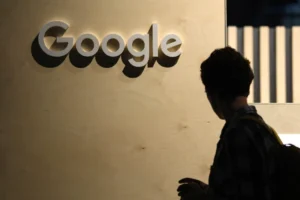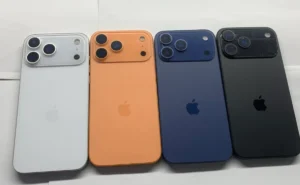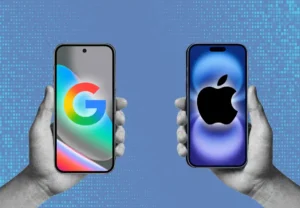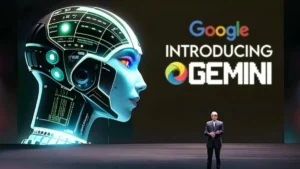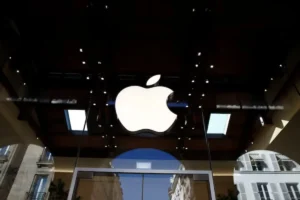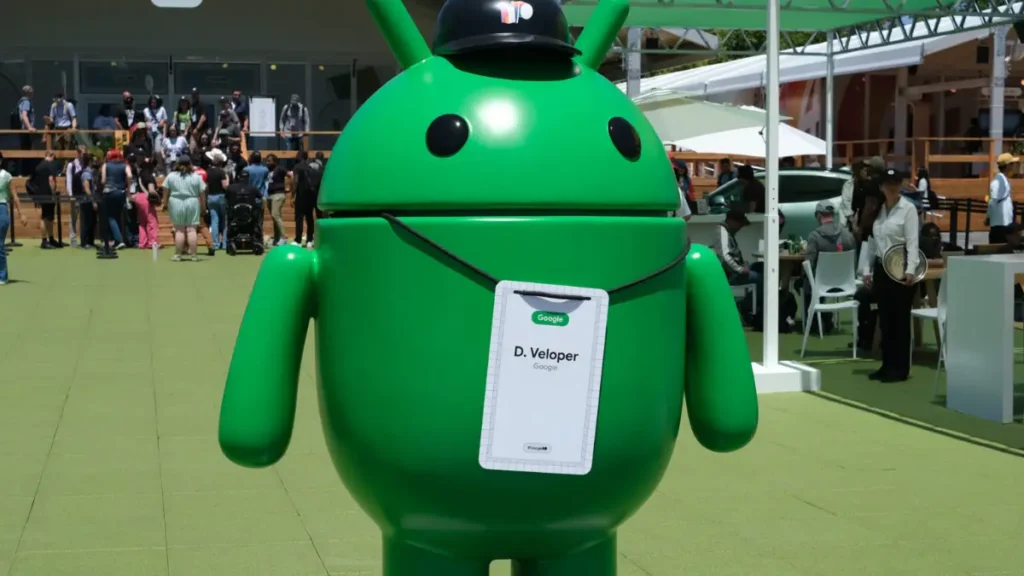
For nearly two decades, Android’s “open” design has set it apart from the iPhone. But step by step, Google has been trading some of that openness for tighter security. Now, its next move could be the most sweeping change yet — one that will block unverified apps from running on most Android devices.
Google announced it will start verifying the identity of every Android app developer — not just those who publish on the Play Store. No matter where an app is offered, it will need a verified developer behind it, or it simply won’t work on the vast majority of Android phones in the coming years.
Why This Is Happening
In Android’s early days, Google had almost no curation in the Play Store (then called Android Market). Back then, you could even publish apps that exploited system vulnerabilities to gain root access. Over time, Google added review systems and automated checks to cut down on malware and banned content.
While the Play Store still isn’t perfect, Google says apps installed from outside the store are 50 times more likely to carry malware. That’s the driving force behind this new verification plan. Since introducing ID checks for all Play Store developers in 2023, Google says malware and fraud dropped sharply. Extending that system to developers outside the Play Store could boost security further.
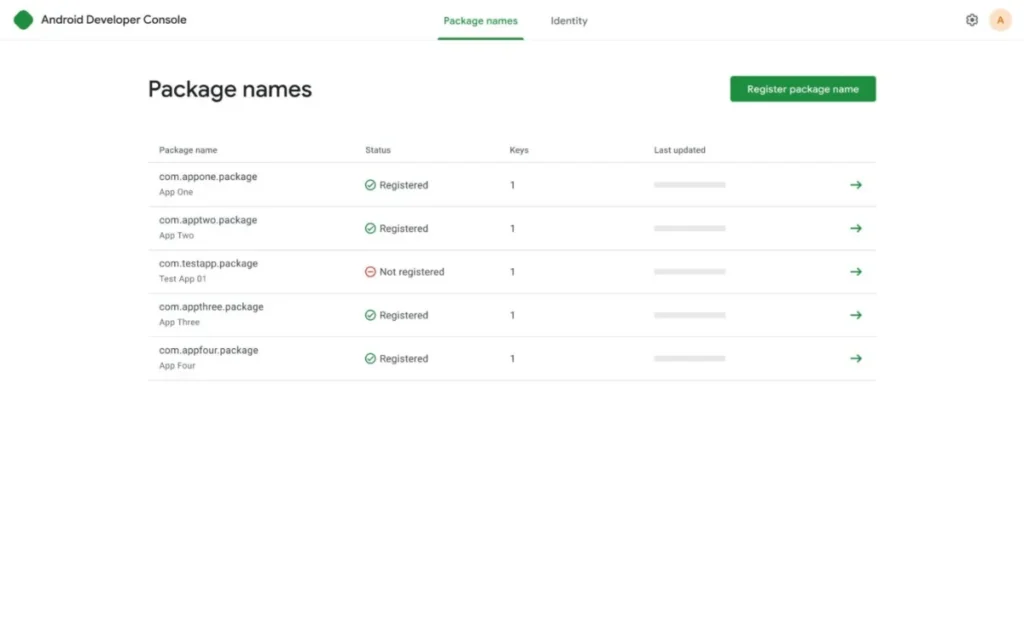
How It Will Work
To pull this off, Google will launch a new Android Developer Console for those distributing apps outside the Play Store. Developers will need to:
- Verify their identity (think “airport ID check”).
- Register their app’s package name and signing keys.
Importantly, Google won’t review the app’s actual code or content — just the developer’s identity.
Only verified apps will be installable on certified Android devices (basically every phone with Google services). Uncertified devices, like custom Android builds without Google apps, won’t be affected — though those are rare outside China.
Rollout Timeline
- October 2025: Early access testing begins.
- March 2026: All developers can apply for verification.
- September 2026: Launch in Brazil, Indonesia, Singapore, and Thailand.
- 2027: Expected global expansion.
Why This Is a Big Deal
The move comes as Android faces major changes from an ongoing antitrust battle with Epic Games. A court recently ordered Google to allow more third‑party app stores and let Play Store apps be hosted elsewhere — a win for developers seeking more choice.
But with those extra pathways for installing apps comes greater risk. Third‑party app stores won’t have Google’s built‑in protections, meaning sideloaded apps could spread more malware. The new verification requirement could tighten security — but it also gives Google a powerful gatekeeping role over nearly the entire Android ecosystem.
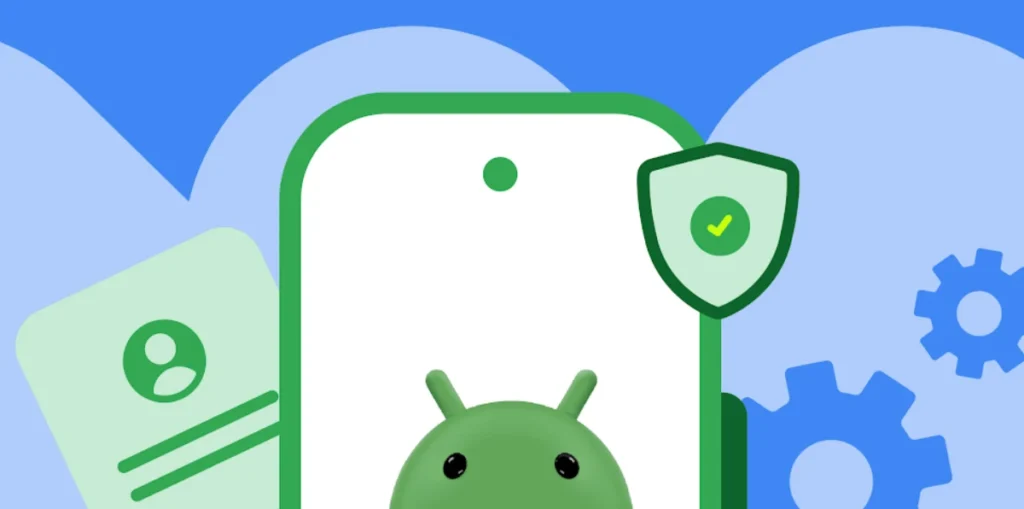
The Unknowns
We still don’t know exactly what happens if you try to install a non‑verified app, or how Android will check verification. Likely, Google will push out a central whitelist through Play Services as the deadline approaches.
For now, the message is clear: If you’re an Android developer, get ready to show your ID — or risk being locked out of millions of devices.
